David Okech Okech’s Aquarech app brings technology, feed access and financing to a fish farming sector in need of structure
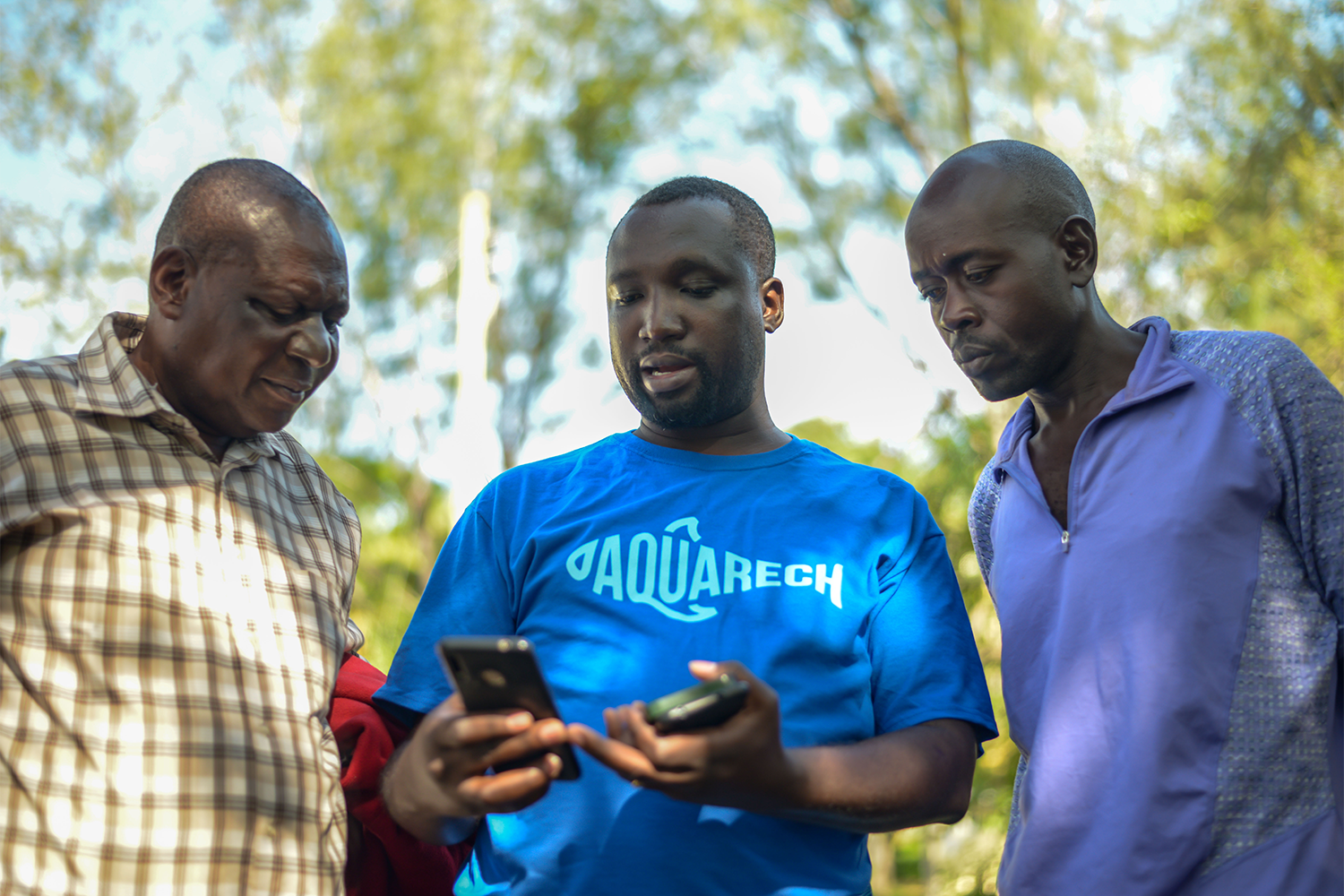
As a fish farmer in Victoria, Kenya, until 2016, David Okech Okech was all too familiar with the many challenges he and the other 49,000 small-scale fish farmers in the region were facing.
“We couldn’t access top-quality feeds, there was no proper market for our fish produce, we needed technical support that we weren’t getting and there wasn’t any financing we could access,” he told the Advocate.
Farmers in rural areas of the country were relegated to using backyard-produced, non-pelleted, sinking mashfeed.
“When you get it to the fish it just sinks to the bottom and causes pollution. The fish consume only 60 percent of it,” he said. What’s more, the uncooked feed is not easily digestible, causing slower growth that extends the production period to 13 months.
And finally, when it came time to harvest, Okech and other farmers relied heavily on farmgate sales that left them vulnerable to trader negotiations.
“With no cold storage facility, you have to take what you can get for your fish, and the price is dependent on what the buyer is willing to pay,” he said. With no proper pricing mechanism and no ability to sell in large volumes, farmers were disadvantaged.
While Okech had the benefit of fish farm production training, his experience was an anomaly. Other farmers lacked the skills to become climate-smart fish farmers, with none of the training in feeding regimes, farm management and data recording that could position them for success. And their farms couldn’t grow without access to credit, which was inaccessible because the banks refused to finance sectors beyond their knowledge. So it was close to impossible for smallholder aquaculture farmers to move from piecemeal to profitable farming.
Determined to solve these problems, Okech founded Aquarech in 2019, a mobile technology developed specifically to bring Kenya’s tilapia farmers, traders and feed companies together. Aquarech tackles multiple issues simultaneously. It purchases quality feed in bulk from international feed mills and stores it in warehouses. When rural farmers place an order, feed is delivered to their doorstep, and the quality feed reduces the production cycle from 10 to 13 months down to eight to 10 months. The app is also used for data management and recording, giving farmers an opportunity to track fish growth, feed consumption and other metrics for the first time ever.
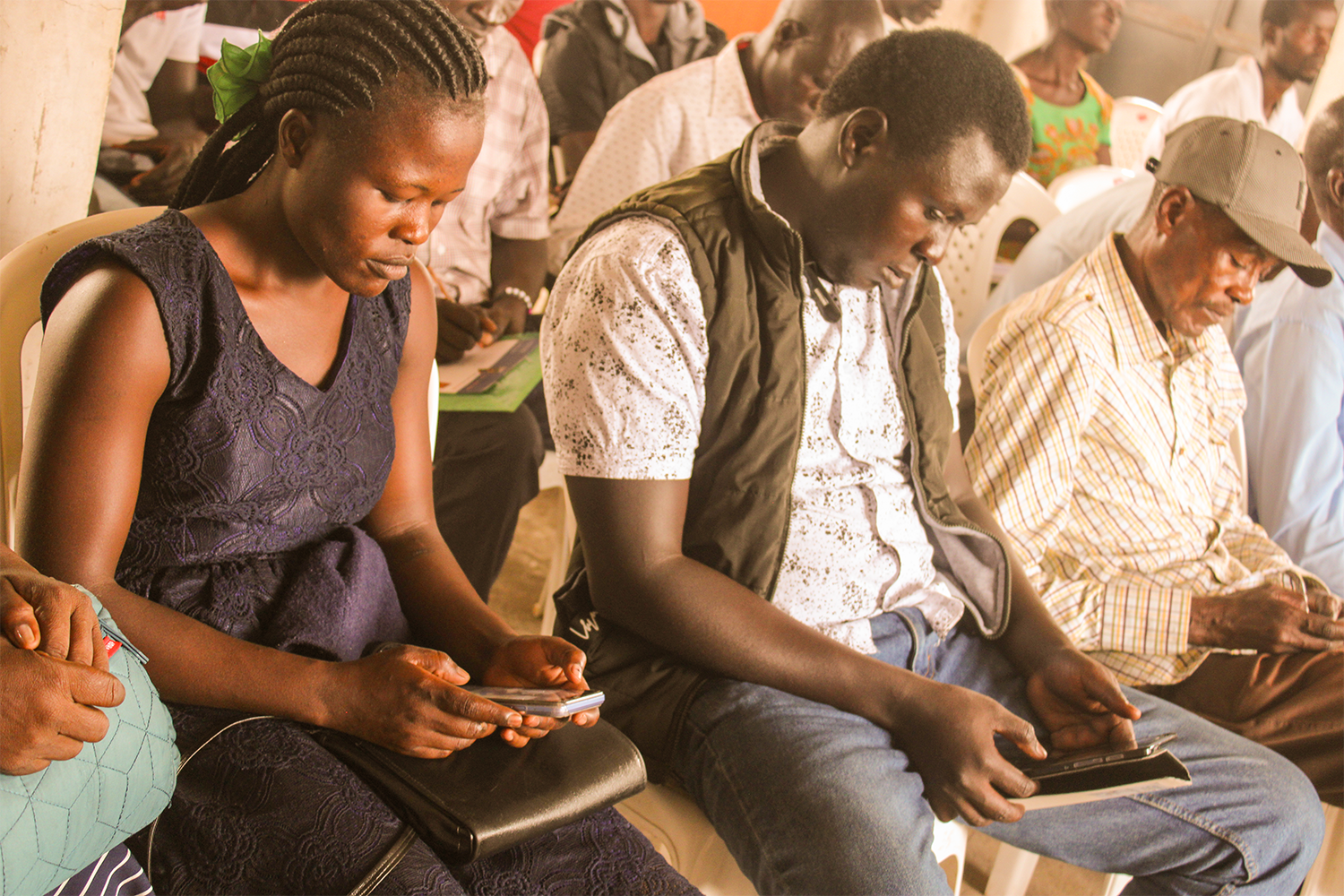
“This allows you to see the growth rate of your fish, the production cost you’re incurring and your profitability, so if you see your cost of feed is very high and your fish aren’t growing, you can harvest earlier and cut your losses,” he said.
Aquarech gives farmers 90 days of feed credit with a product called Buy Now, Pay Later. Okech and his 23-member team are financing this from their own balance sheet and deliver the credit based on the data the farmers are entering into the platform.
“The more quality data they record, the higher the chance of them getting access to credit, which we position as a flexible payment solution,” he explained. “They can pay us back through cash or fish, but our long-term plan is to demonstrate to the banks that they can finance these farmers.”
Aquarech’s agents offer farmers technical support to ensure they know how to use the app. Some 2,000 farmers are using it to date, and further growth is limited only by the company’s access to capital to purchase feed. Okech said that by this August, he will have $2.2 million in commitments from international venture capitalists. This will help Aquarech grow to 10,000 farmers by 2024.
Aquarech also helps its clients move beyond farm gate sales to a more profitable model with less exposure to risk: “We’ve set up facilities so that we can buy in bulk from the farmers, give them a better price for their fish in cash payment, and then take their fish to the market to sell to traders,” he said. The company has a cold storage facility in Kisumu and plans to set up another three. Aquarech, which makes money by putting a markup on every kilogram of fish feed and fish sold on its platform.
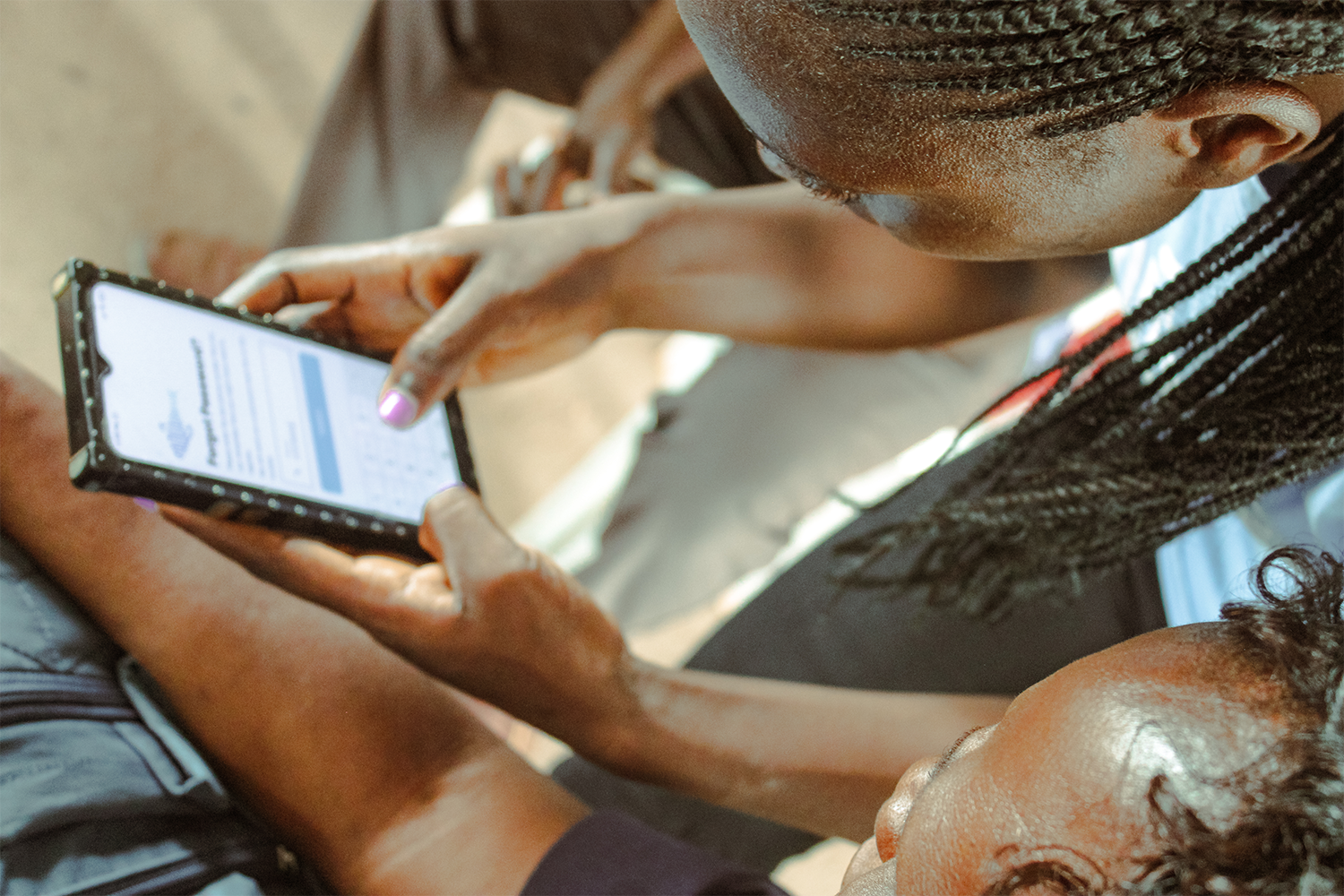
Mobile phone penetration in Kenya is at 95 percent, while internet penetration is at 60 percent, Okech said. So most farmers have phone access to use the Aquarech app. He believes the services Aquarech provides will transform food systems in the country.
“Our game plan to reach and scale across Kenya and into sub-Saharan Africa is to work with feed manufacturers who are struggling to reach small-scale, rural farmers, guarantee market access through the fish buy-back system, and partner with financial institutions to leverage data to finance farmers in the aquaculture sector,” he said.
“Aquaculture is the fastest growing agricultural value chain in southern Africa and there is huge potential for Kenya to use its vast water resources to tap into the aquaculture sector, so it’s poised to grow for the next ten years.”
Editor’s Note: We originally reported that Aquarech services catfish farmers, and not tilapia farmers. We sincerely regret the error.
Follow the Advocate on Twitter @GSA_Advocate
Now that you've reached the end of the article ...
… please consider supporting GSA’s mission to advance responsible seafood practices through education, advocacy and third-party assurances. The Advocate aims to document the evolution of responsible seafood practices and share the expansive knowledge of our vast network of contributors.
By becoming a Global Seafood Alliance member, you’re ensuring that all of the pre-competitive work we do through member benefits, resources and events can continue. Individual membership costs just $50 a year.
Not a GSA member? Join us.
Author
-
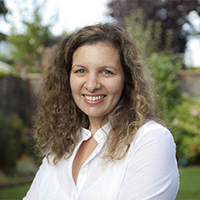
Lauren Kramer
Vancouver-based correspondent Lauren Kramer has written about the seafood industry for nearly 20 years.
Tagged With
Related Posts
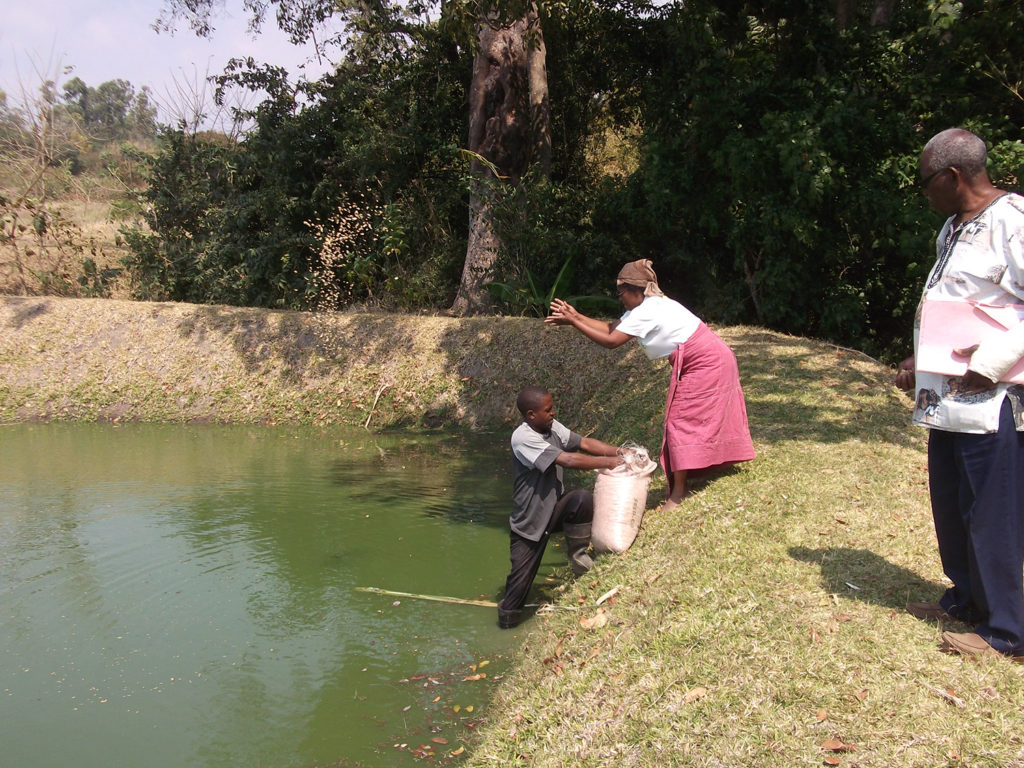
Innovation & Investment
Investing in Africa’s aquaculture future, part 1
What is the future that Africa wants? Views on how to grow aquaculture on the continent vary widely, but no one disputes the notion that food security, food safety, income generation and job creation all stand to benefit.
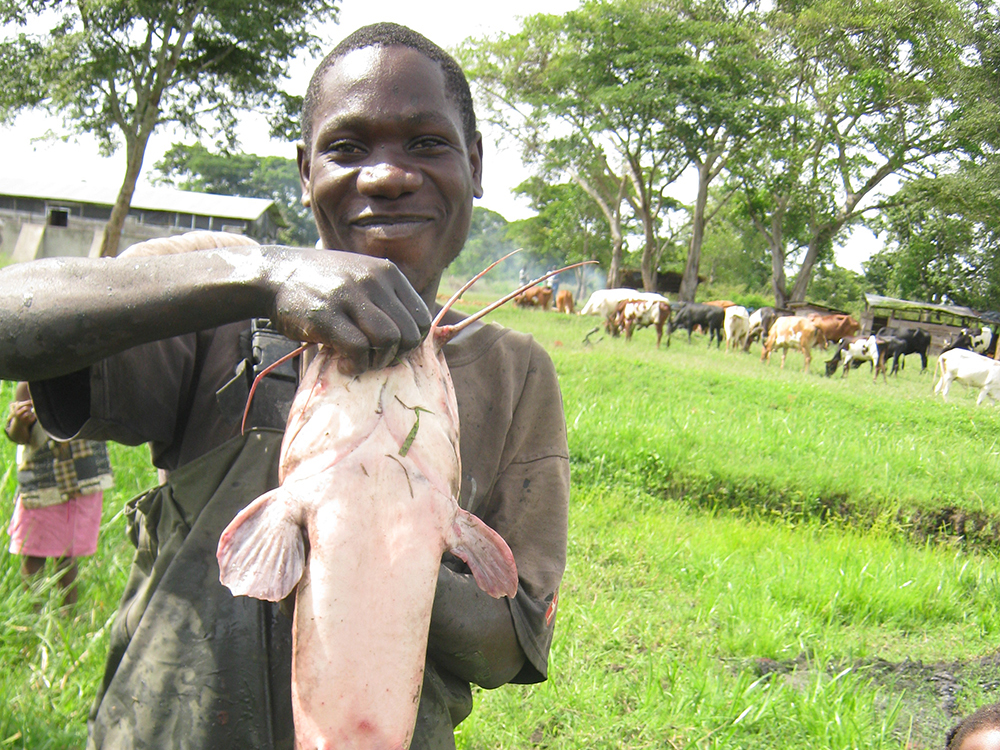
Innovation & Investment
Investing in Africa’s aquaculture future, part 2
Africa offers innumerable opportunities and a raft of challenges for developing a modernized aquaculture industry. Investors are interested, and pursuing with cautious optimism.
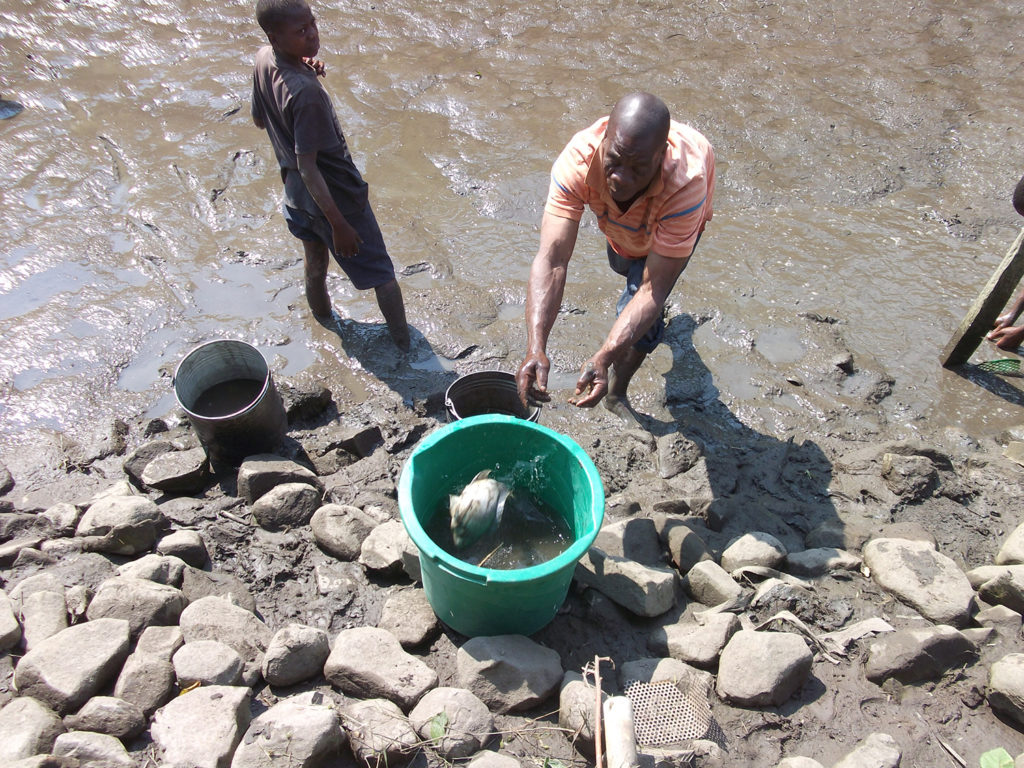
Innovation & Investment
Is Africa a ‘new Asia’ for aquaculture?
Now is the time for investment in efficiency improvements, better genetics, health management and more competition and innovation in the feed sector. Let's not perpetuate the myth that just a little more investment in some technical solutions will solve the problems in Africa.

Innovation & Investment
Eight digital technologies disrupting aquaculture
Eight digital technologies are disrupting aquaculture and having a profound impact on the way business operates – even displacing some established ones.


